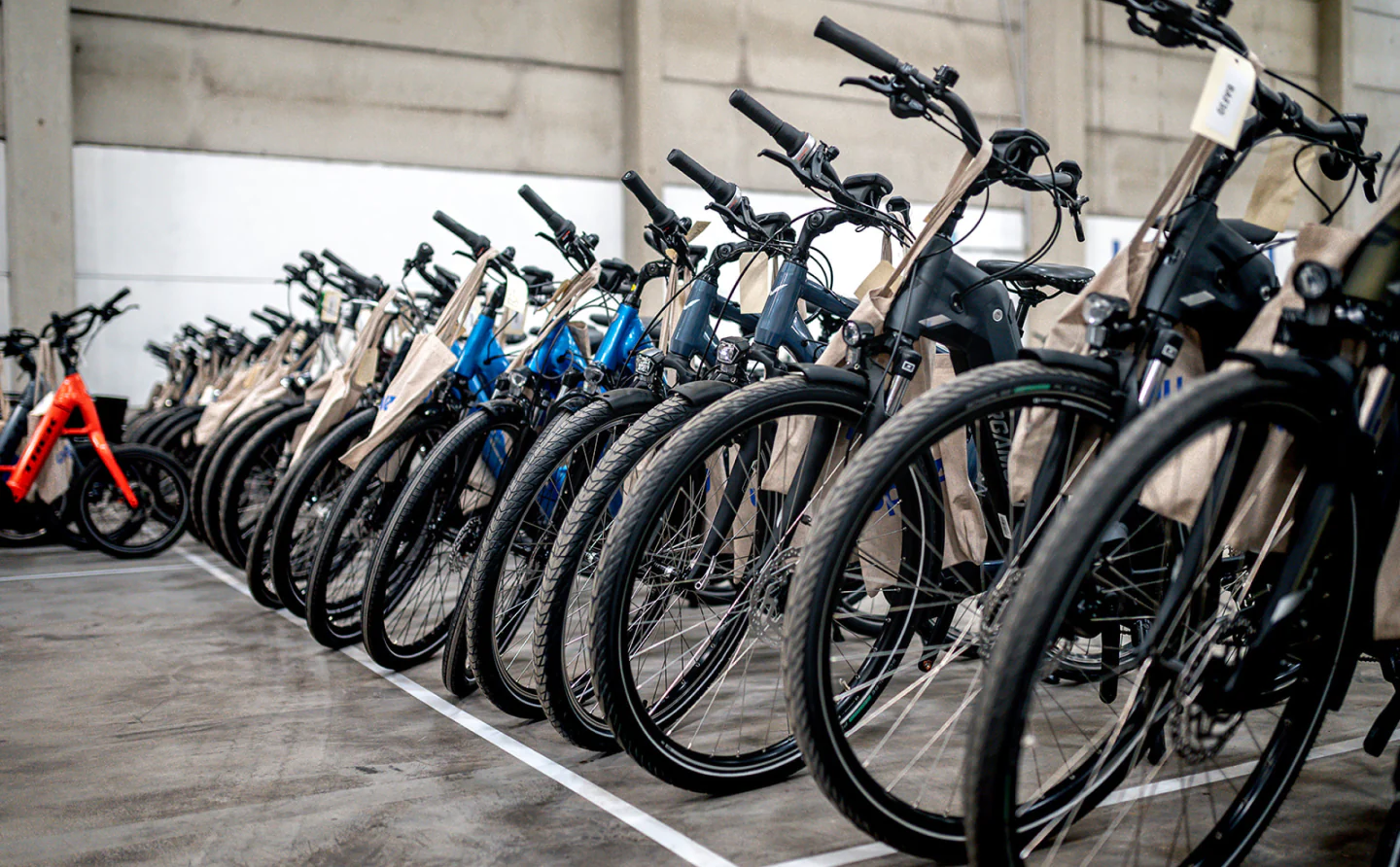Sometimes, the internet provides us with exactly what we need — and this was the case for one gardener who sought advice from the subreddit r/Gardening.
"Beginner gardener here," they began in their post. "We bought a house and the previous owners put rubber mulch in the front garden. … [and] we're not thrilled with the mulch for a few reasons."
Primarily, they explained, they didn't want something that's not biodegradable in their garden. (They also didn't like the appearance.)
TCD Picks » Upway Spotlight
💡Upway makes it easy to find discounts of up to 60% on premium e-bike brands
Finally, they said: "I'm not sure how well plants will grow in it. There's no plants growing in it right now."
Given that, they wondered, what should they do?
Fortunately, commenters were quick to jump in with advice. "Nasty horrible stuff," one person wrote. "Get rid of it ASAP."
Rubber mulch, which is a mulch-like product made of chopped-up car tires, is supremely unpopular — and for good reason. The chemicals in the tires, which include various heavy metals and other hazardous ingredients, pose a health risk for nearby humans and animals, according to Washington State University expert horticulturist Linda Chalker-Scott.
Rubber mulch contaminants have even been found in vegetables growing near the mulch. It goes without saying, but nobody wants to eat pieces of old car tires.
Alarmingly, this process is only intensified in the sun, which has been shown to accelerate the decomposition of the rubber materials, according to research published in the journal Science of the Total Environment.
Even more frustrating is that rubber mulch barely achieves its goals. Instead of helping to suppress weeds while allowing beneficial plants to grow, it "provide[s] a constant stream of toxic leachates into [soil and] adjacent aquatic systems."
And though rubber mulch is hated by home gardeners and professional landscapers alike, there's still not a good process for disposing of it — especially when it's been installed by previous owners, like in this case. The original poster said: "Most tire recycling places around me can't take it because it's basically recycled tires already and a lot of landfills don't take tires."
For homeowners who want to nourish their lawns and help them flourish, they're better off using low-maintenance natural ground-cover options such as clover, buffalo grass, and local native plants and wildflowers.
Join our free newsletter for easy tips to save more, waste less, and help yourself while helping the planet.







